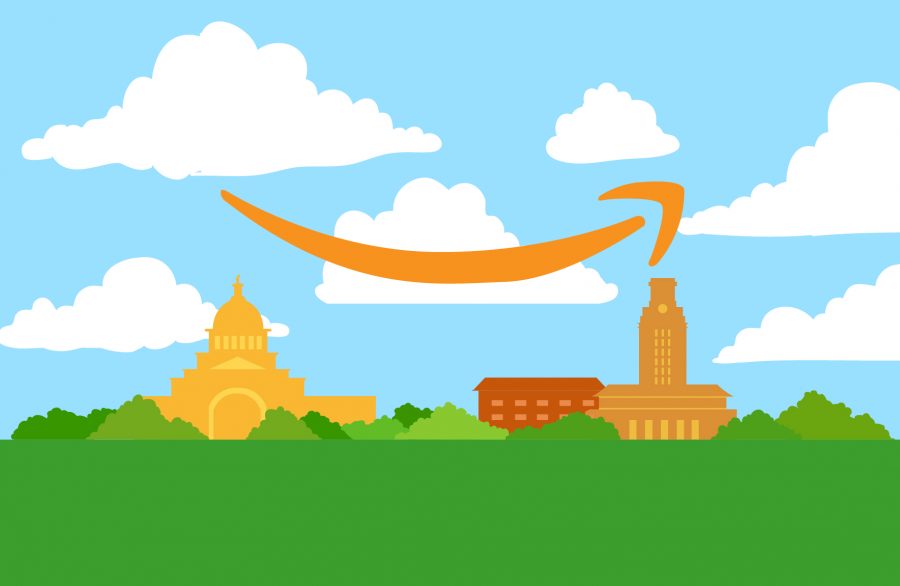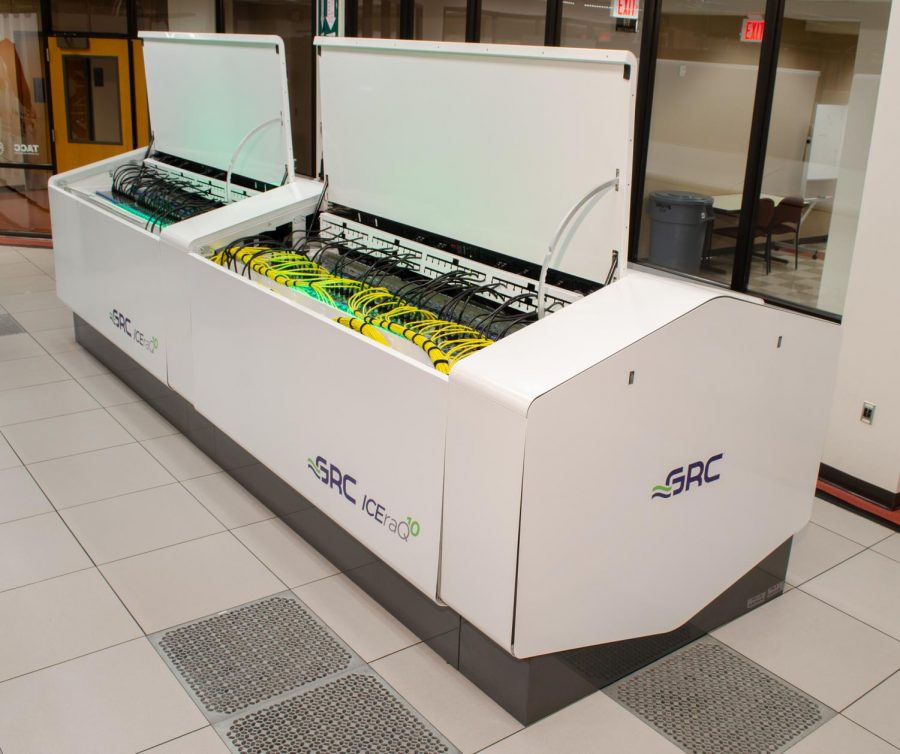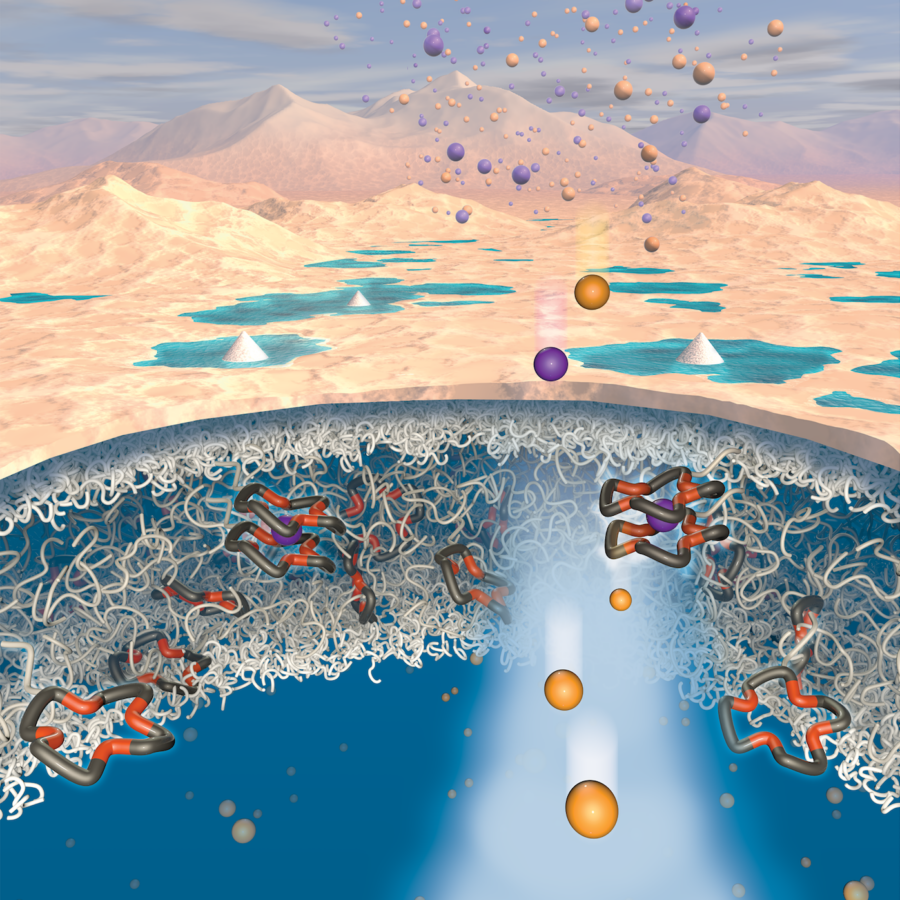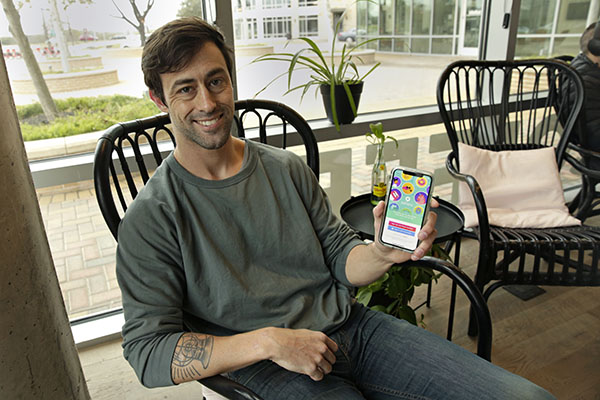Now that Austin is on the short list for the second Amazon headquarters, UT’s tech talent may make the city appealing to Amazon, according to Donald Fussell, computer science department chair.
If Austin lands the headquarters that 238 major and minor cities in North America have attempted to woo, then the city will welcome 50,000 new high-paying jobs and $5 billion to be invested toward housing and infrastructure.
Amazon has expressed a preference for sizable cities with populations of over 1 million, particularly those which are also business-friendly and can provide employees for both technical and entry-level jobs within the metropolitan area.
With a population slightly over 2 million, home to the most prestigious public university in Texas and one of the most competitive computer science programs in the country, Austin is seen as a strong contender, Fussell said.
“I suspect that Austin is a front-runner,” he said. “I think the city has a lot of attractive features, and probably the most attractive is the educated workforce and the existence of so much tech here already. Likely, that’s attractive.”
Although the capital of Texas has a lot to offer, Fussell also detects many weaknesses, such as housing, public transportation and a small airport, which makes Austin vulnerable to bigger cities on the list.
“Cities like Dallas and Atlanta’s biggest advantages is that they are bigger, cheaper and have a better infrastructure than Austin,” Fussell said. “They have better public transportation, their airports are hubs and they have more diverse workplaces, something that this city lacks.”
As far as UT’s, and more precisely the computer science program’s, weight in the equation, Fussell said there are a few advantages the UT’s school of computer science has that could lure Amazon to Austin.
“First thing to notice: We are the largest program in the top 10 (computer science) departments (in the U.S.), in terms of undergraduate majors,” Fussell said. “That should be an advantage, because we are a larger talent pool than other schools like Georgia Tech, for example.”
The department of computer science at UT has 1,750 undergraduates and 250 graduates enrolled and plans to reach 2,000 students because of an increase of competition in the field.
“In the last 10 years, we started seeing exponential growth,” Fussell said. “We started putting enrollment controls and that’s the reason why there’s only 1,750 students. The pressure is high to have a larger program. In fact, we are planning to grow back up to the 1,900 to 2,000 range in the near term.”
According to Fussell, one of the biggest advantages UT owns is its numerous foundations to produce students with technical talents, which could be attractive for a company such as Amazon that’s looking for a large number of people who can fill in technical jobs.
“The electrical and computer engineering department produces about 1300 undergraduates and again, that’s enrollment limited,” Fussell said. “But if you add those numbers up, then that’s a very large pool of top-quality technical talent that the university produces.”
He added that most graduates from the department of computer science enjoy the lifestyle of Austin and its established tech-savvy community.
“A lot of our students like to stay in Austin,” Fussell said. “Forty percent of our graduates end up working locally. This would mean there is a bigger possibility for students inclined to stay in Austin, to find good jobs here such as at Amazon, if they decide to come.”





















